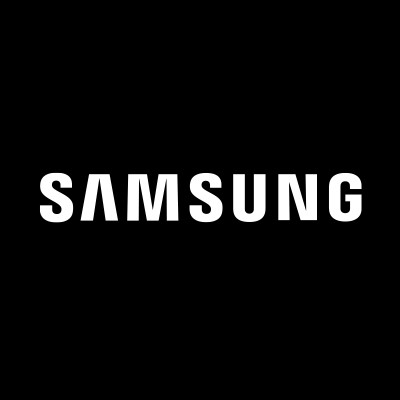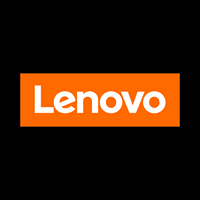Microsoft's Shift to ARM Processors and the Impact on Intel
May 31, 2024, 3:48 pm

Location: United States, California, Fremont
Employees: 10001+
Founded date: 1984
Total raised: $360.05M

Location: United States, California, San Francisco
Employees: 10001+
Founded date: 1938
Total raised: $6.4B
Microsoft's recent move to shift its mobile PCs to ARM processors has sent shockwaves through the tech industry. This shift, led by Microsoft's adoption of Qualcomm's Snapdragon X series processors, marks a significant departure from the traditional use of Intel chips in the Surface lineup. The decision to embrace ARM architecture aligns Microsoft with Apple's successful transition away from Intel chips in their Mac lineup. This move not only showcases Microsoft's commitment to innovation but also highlights the growing competition in the processor market.
Microsoft's strategic partnership with Qualcomm signifies a shift towards a more diverse ecosystem of processors, challenging Intel's dominance in the PC market. While Microsoft's transition to ARM processors has been gradual, the implications for Intel are significant. With a large portion of Intel's revenue dependent on major partners like Microsoft, the shift towards ARM processors poses a threat to Intel's market share and profitability.
Furthermore, Intel's challenges extend beyond competition from ARM processors. The company's inability to supply products to China due to US sanctions has further strained its revenue streams. The loss of licensing rights to supply microchips to Chinese tech giant Huawei has created a significant gap in Intel's market presence. As Huawei explores developing its own chips, Intel faces the risk of losing a key partner and market share in the rapidly evolving tech landscape.
Intel's CEO, Patrick P. Gelsinger, remains optimistic about the company's future, emphasizing Intel's reliable roadmap and competitive edge in the market. However, the rise of ARM processors and the increasing adoption of AI technologies in PCs present new challenges for Intel. As Microsoft and other tech giants embrace AI-powered Copilot+ PCs, Intel must adapt to the changing landscape to maintain its position as a leader in the semiconductor industry.
In conclusion, Microsoft's shift to ARM processors and the introduction of Copilot+ PCs signal a new era of innovation in the PC market. While Intel faces challenges from both ARM processors and geopolitical factors, the company's resilience and commitment to technological advancement will determine its success in the evolving tech landscape. As competition intensifies and AI technologies drive the next wave of PC innovation, the battle for market dominance between Intel and emerging players like Qualcomm will shape the future of computing.
Microsoft's strategic partnership with Qualcomm signifies a shift towards a more diverse ecosystem of processors, challenging Intel's dominance in the PC market. While Microsoft's transition to ARM processors has been gradual, the implications for Intel are significant. With a large portion of Intel's revenue dependent on major partners like Microsoft, the shift towards ARM processors poses a threat to Intel's market share and profitability.
Furthermore, Intel's challenges extend beyond competition from ARM processors. The company's inability to supply products to China due to US sanctions has further strained its revenue streams. The loss of licensing rights to supply microchips to Chinese tech giant Huawei has created a significant gap in Intel's market presence. As Huawei explores developing its own chips, Intel faces the risk of losing a key partner and market share in the rapidly evolving tech landscape.
Intel's CEO, Patrick P. Gelsinger, remains optimistic about the company's future, emphasizing Intel's reliable roadmap and competitive edge in the market. However, the rise of ARM processors and the increasing adoption of AI technologies in PCs present new challenges for Intel. As Microsoft and other tech giants embrace AI-powered Copilot+ PCs, Intel must adapt to the changing landscape to maintain its position as a leader in the semiconductor industry.
In conclusion, Microsoft's shift to ARM processors and the introduction of Copilot+ PCs signal a new era of innovation in the PC market. While Intel faces challenges from both ARM processors and geopolitical factors, the company's resilience and commitment to technological advancement will determine its success in the evolving tech landscape. As competition intensifies and AI technologies drive the next wave of PC innovation, the battle for market dominance between Intel and emerging players like Qualcomm will shape the future of computing.
